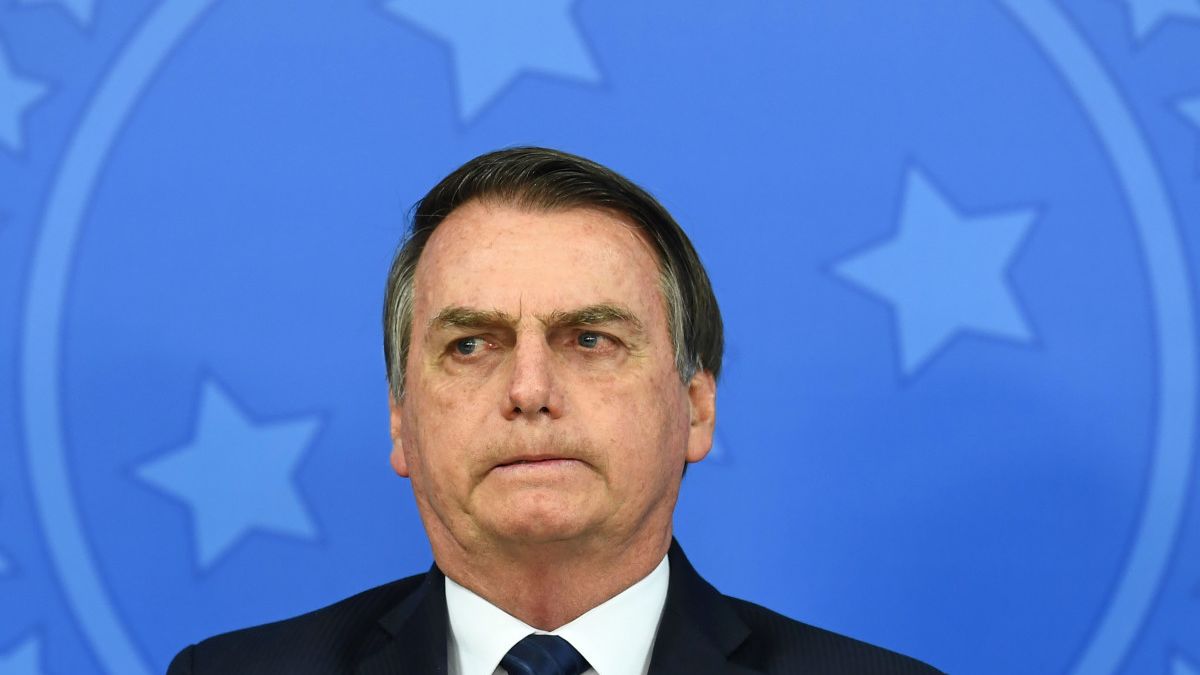Businessman José Urtubey made his position clear for next Sunday’s runoff. The former vice president of the UIA and shareholder of the paper company Celulosa Argentina publicly supported Sergio Massa and questioned Javier Milei’s proposals.
In an interview with Ámbito, the industrial leader spoke about it, and also analyzed the impact of an eventual break in relations with Brazil and China, dollarization and referred to what the first steps of the next president should be.
Journalist: Why did you think it was necessary to express yourself publicly in view of the runoff?
José Urtubey: What is being discussed in Argentina goes beyond the economic. And by virtue of that I wanted to make my position clear. That is to say: what I think is that what Milei proposes attacks the cultural DNA of Argentina. When he punishes social justice, he is not punishing either Kirchnerism or the Church. But he punishes the pillars of construction of the
Argentine society, which has always been precisely framed in giving each person what is theirs, but under a strong scheme of equity and solidarity. But also, reviewing what the economy is, the proposals. Dollarization is inconvenient for the country: first because it requires a constitutional reform; second because it is, of course, putting a corset on
the economy and take away room for maneuver. Therefore, in the face of negative externalities, one could not have reactions and being tied to a hard currency
Ra, being an underdeveloped country, you have a problem in terms of being able to overcome the inconveniences without having an effect on production and work.
Q.: One of your statements was that you would break relations with Brazil, Argentina’s main trading partner. What could be the impact on the economy if that were to happen?
JU: It is one of the most important destinations for our exports. Of course it is inconvenient. When business relationships are ideologized, it ends badly. In the same way, he said something similar with China. And I think that with China and Brazil we must have commercial relations. Even a relationship between States, beyond the private ones. Therefore, Milei’s position on this issue is already inconvenient.
Q: In this context, what do you consider to be the most urgent aspects that the next president must resolve?
JU: The first thing is the call for national unity, in order to create the maximum consensus to find the alternative solution. Without a doubt, we must seek higher levels of dollar income and from there begin to work on the structural reforms that Argentina needs to face this new period. Fighting inflation as the main objective.
Q.: Precisely, a greater income of foreign currency from agriculture is estimated for next year after the drought and from hydrocarbons. Can you help in this regard?
JU: I think next year, if the weather cooperates, almost US$20,000 million more. There will be another US$5,000 million in energy savings. And the production of the lithium industry will also be reflected, which will generate foreign exchange. This will also allow greater industrial activity.
Q: Can we propose an optimistic scenario for the near future?
JU: Yes, that’s why I think it’s
It is important not to jump into the void. If not, have an orderly exit.
Q.: In addition to the call to
unity, you always mention federalism as a key to growth. Will it also be vital in the coming years?
JU: Without a doubt. Above all, Milei’s proposal to eliminate the co-participation system is something that goes against federalism. There is a fact in Emilio Ocampo’s book, on which Milei is based, that says that there are provinces that are overrepresented in Congress: that is also leaving federalism aside. And I also think it’s inconvenient.
Interview by Andrés Randazzo
Source: Ambito




